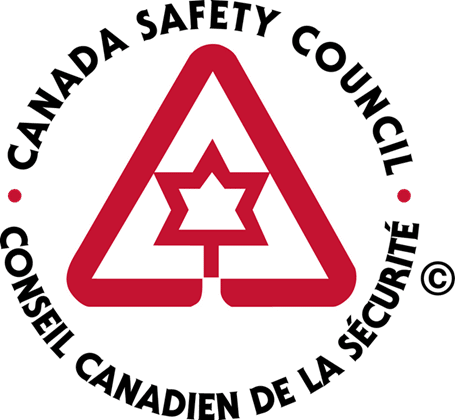Farm Parents Weigh in on Kids and Quads
Of allowing her children to ride quads, “it’s just not a smart decision in my world,” Howe says.
Most jurisdictions do not restrict children from operating quads or all-terrain vehicles on private land, but many farm families are already making the smart choice to keep their kids off quads until they’re old enough to drive.
Howe and her husband Kelly have both lost friends to quadding accidents, so the family is especially sensitive to the dangers of ATVs. “We were both raised on farms and farm safety is important. We err on the side of caution,” Howe says.
It’s a sentiment echoed by Southern Alberta farmer and pediatric nurse Sarah Schultz who operates a grain farm with her husband Jay, east of Calgary. In the operating room, Schultz attended to children of all ages seriously injured in ATV accidents. The experience strengthened her resolve to keep her boys, currently 5- and 2-years-old, away from ATVs until they’re old enough to get a driver’s licence.
In a September 2014 blog post on the subject she writes, “I might not be a ‘cool’ farm mom … but this is something I will not budge on.” In fact, the family doesn’t even own an ATV.
Schultz says, “my husband grew up a farm kid and generally farm kids are allowed to operate motor vehicles earlier than urban kids. But my husband also knows the injuries I’ve seen from ATV accidents, so he lets me ‘win’ on this issue in our home.”
March 14 to 20 is National Farm Safety Week. Why not take some time today to review the facts about ATVs and make sure you and your family are using them safely?
The concern about kids and quads
Like bicycles, motorcycles and snowmobiles, ATVs are designed to be controlled in part by the rider’s shifting body weight, both front and back, and side to side. This means that safe operation of an ATV requires a combination of skill, good judgement, physical weight and strength. While ATVs may seem deceptively stable and easy to operate, before the age of 16, most children and youth are not physically or developmentally ready to ride ATVs safely.
What’s the big deal about passengers?
ATV seats may seem large enough to take on a passenger, but most ATVs are designed for single riders only. It is not wise to modify your ATV with after-market passenger seats or other implements which will change the weight distribution and stability of the machine, increasing the likelihood of tip-over and rollover accidents.
If you choose to allow your children to ride ATVs, follow these basic safety precautions to reduce their risk:
1) Train up. Children should take a proper course with a qualified instructor before they’re allowed to operate an ATV. The Canada Safety Council has courses for children as young as 6.
2) Ride the right size. It is critical that children under the age of 16 not ride adult-sized machines. Follow the manufacturer’s instructions and limit children ages 6–11 to ATVs that are 70cc or smaller. Those ages 12–15 should ride ATVs no larger than 70–90cc. Children under the age of 6 should not ride ATVs.
3) Suit up. Wear a helmet, eye protection, long pants, long sleeves, and gloves, for every ride.
4) Ride only under close adult supervision.
5) No doubling. Most ATVs are not meant for taking passengers. Do not attach passenger seats to your ATV.
6) Ride by day. Even on familiar terrain, low light and reduced visibility will increase the chances of a mishap.
Quick Stats on Kids and ATVs
An estimated 450 children under the age of 15 are hospitalized each year in Canada from ATV accidents.
In the five years between 2007-2011, 54 children under the age of 15 were killed in accidents involving ATVs and other off-road vehicles.
Sources: Canadian Pediatric Society, Statistics Canada
